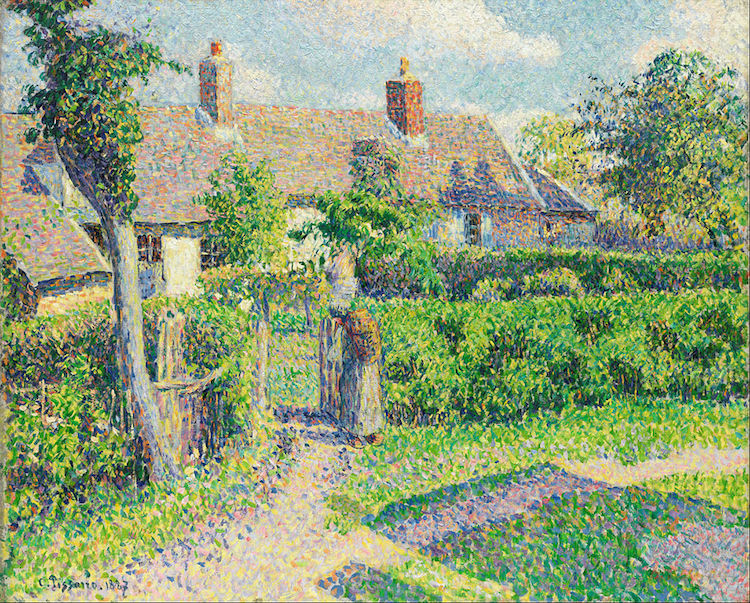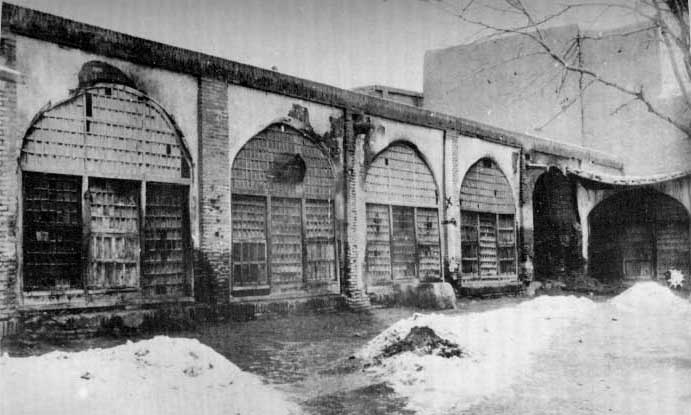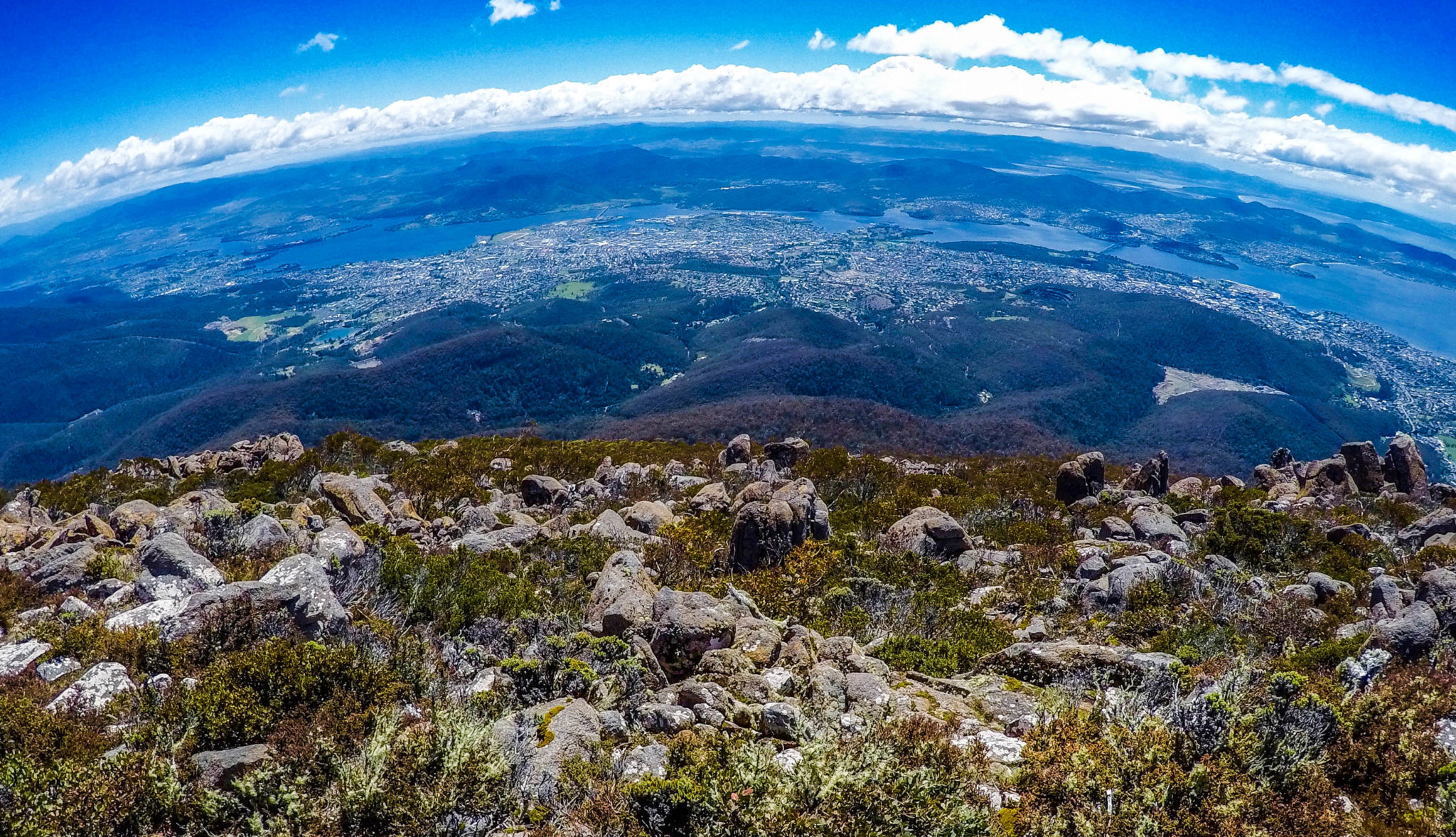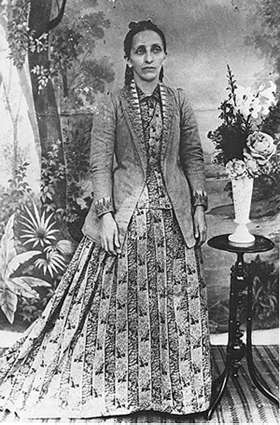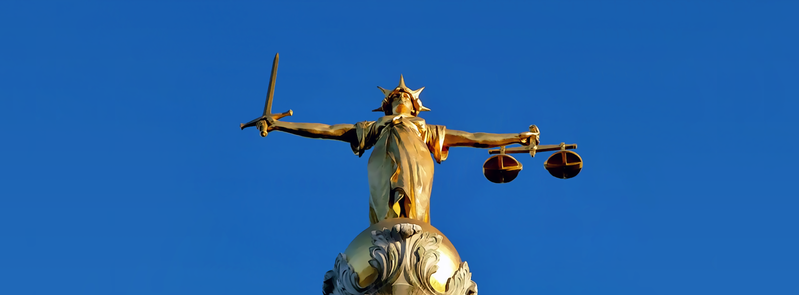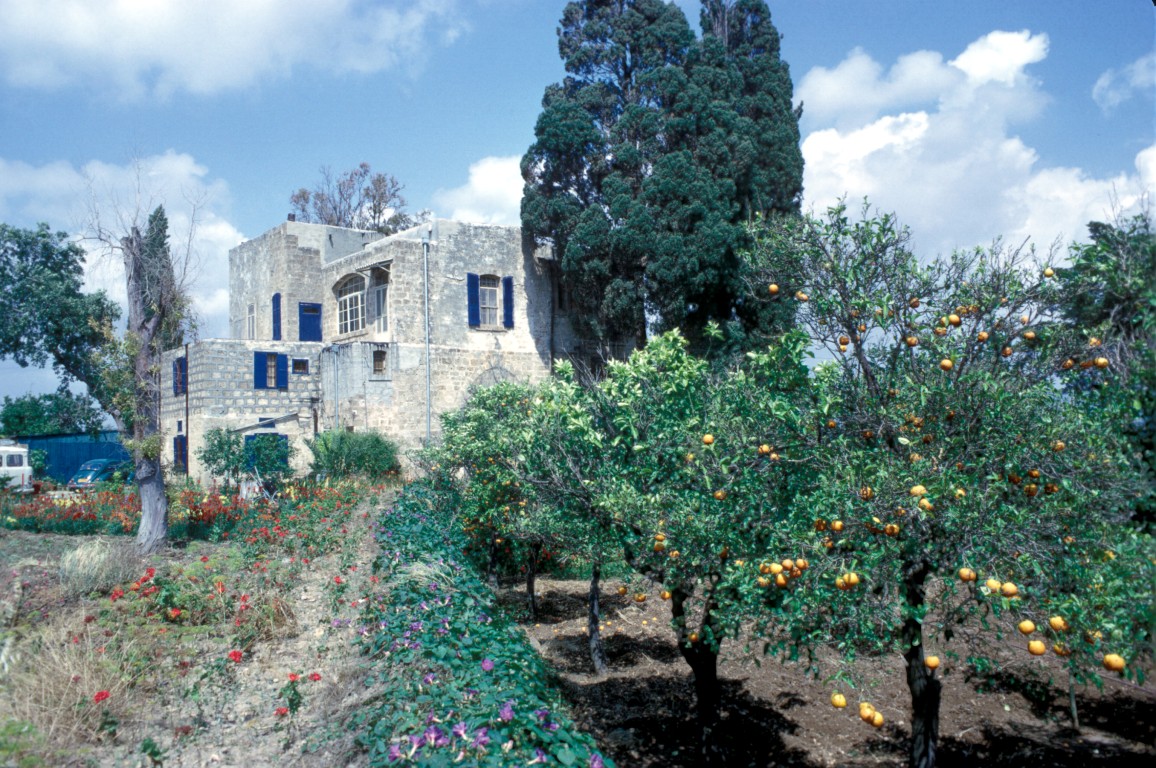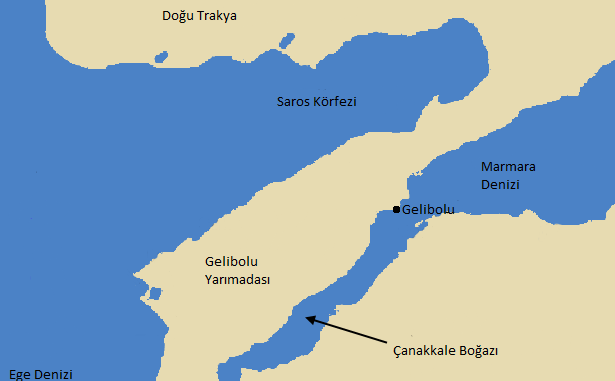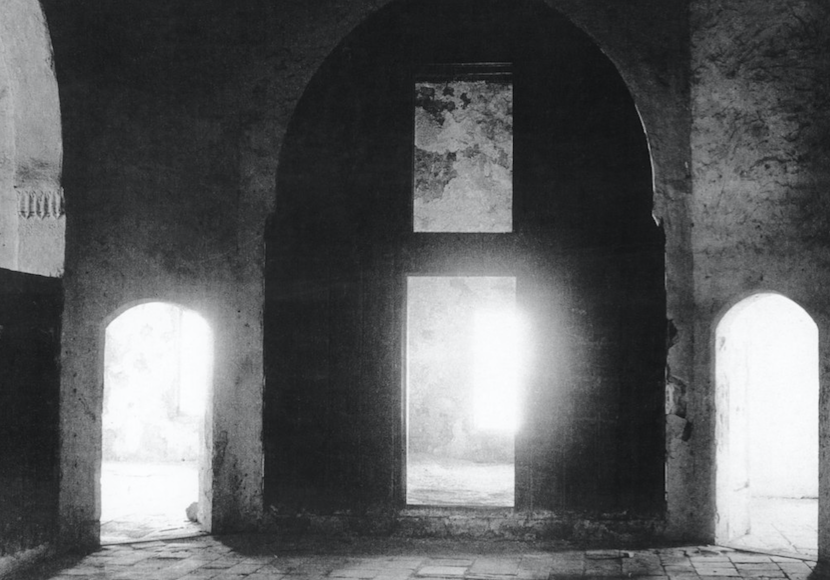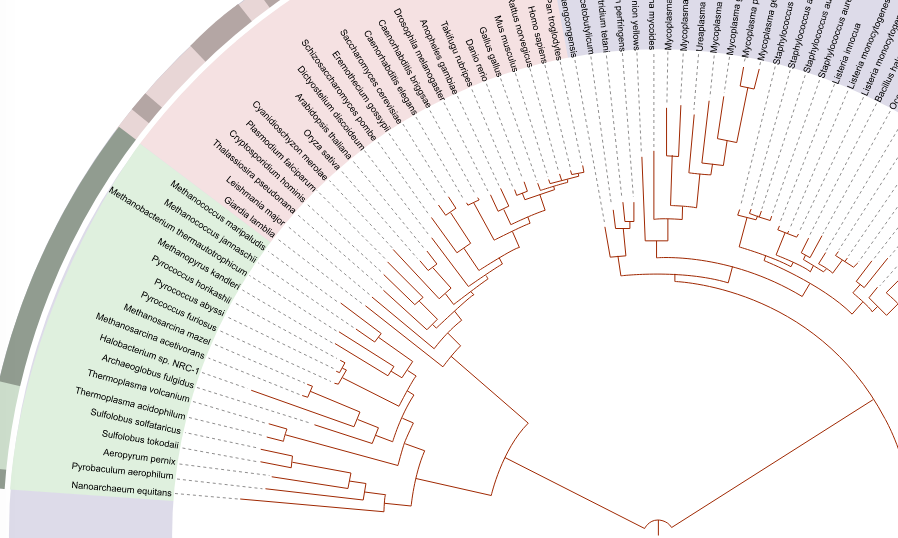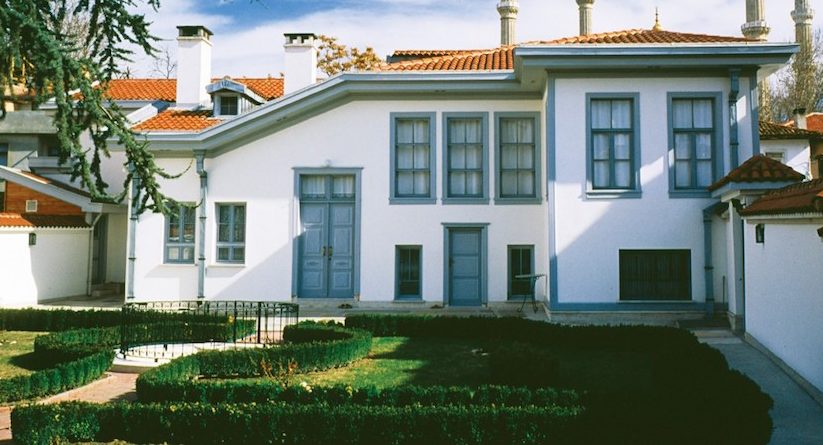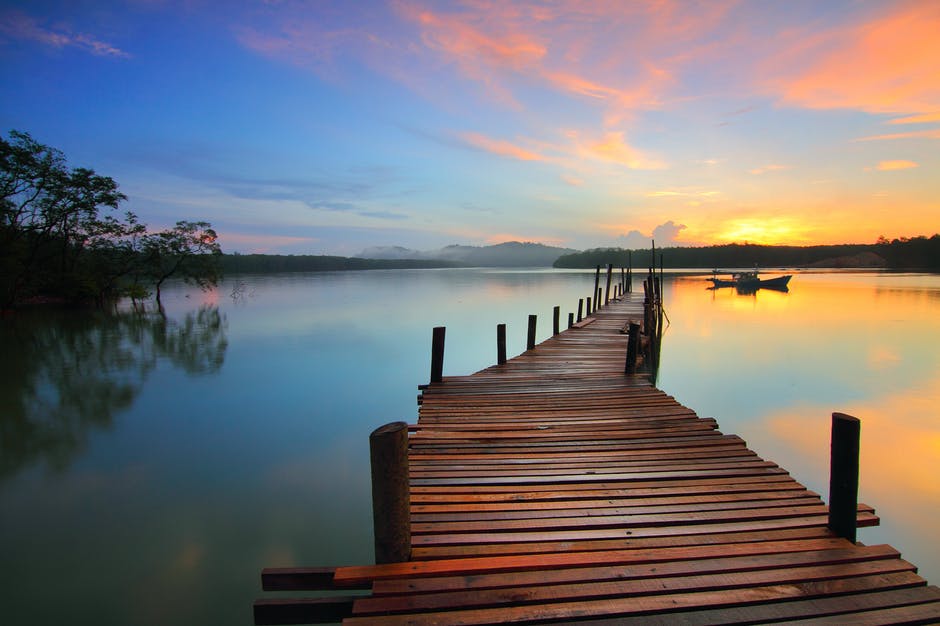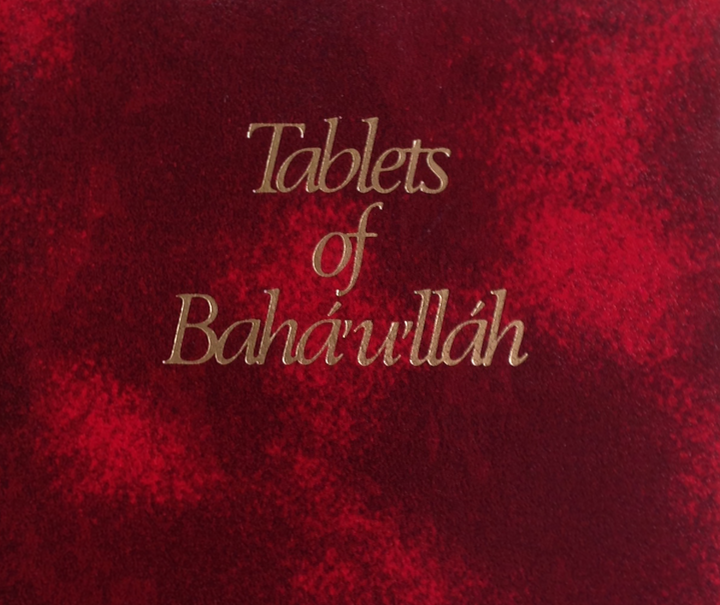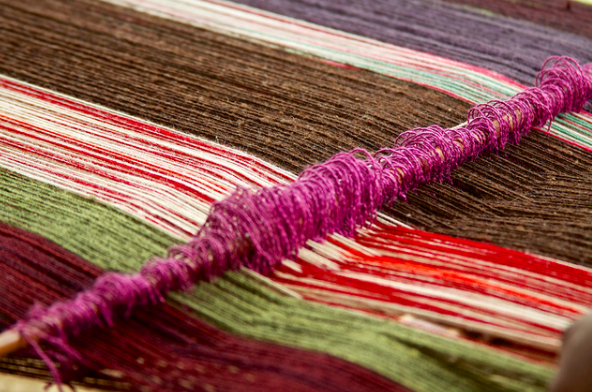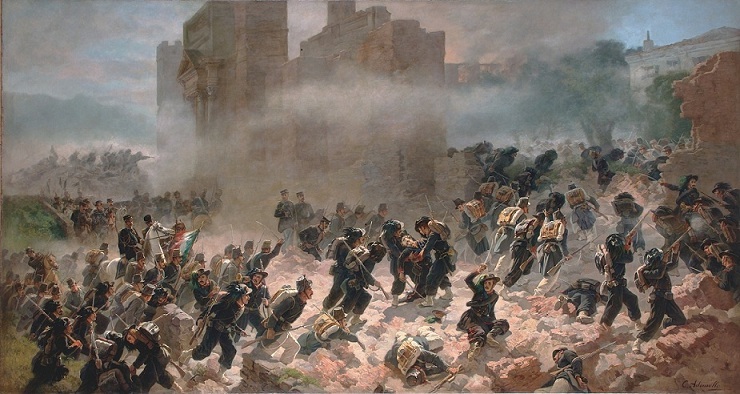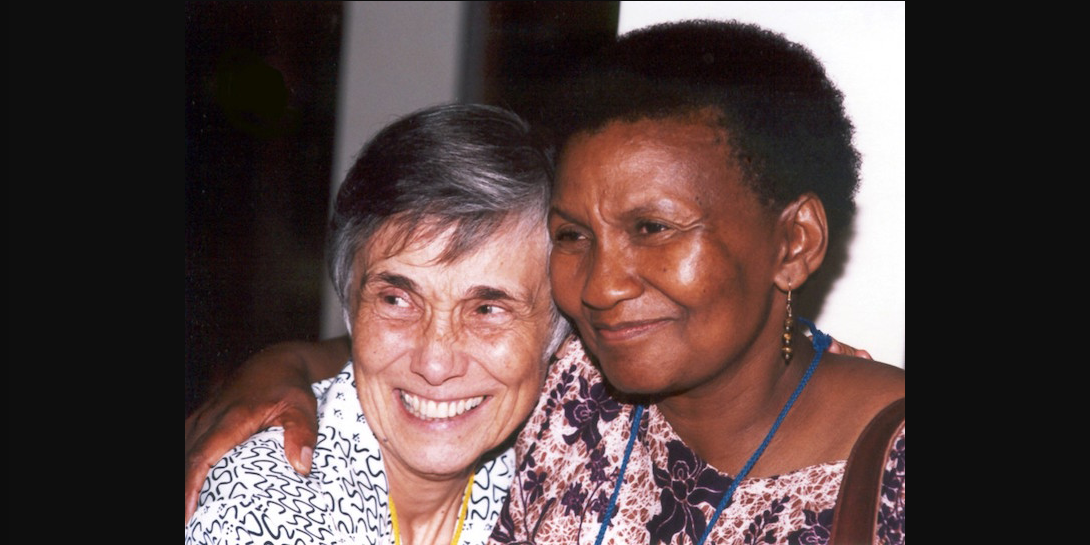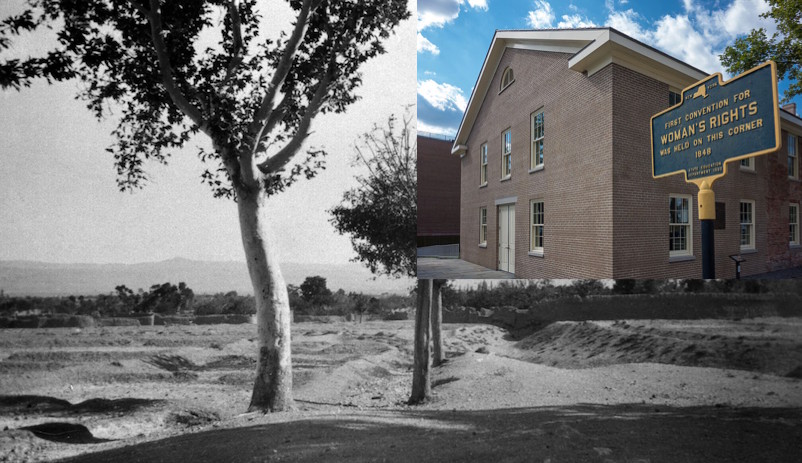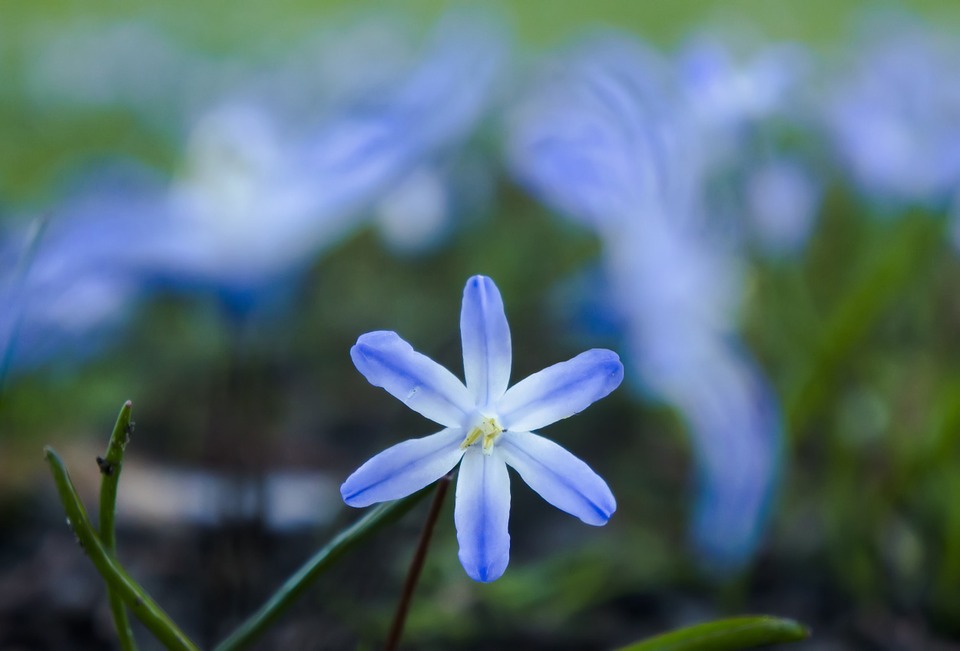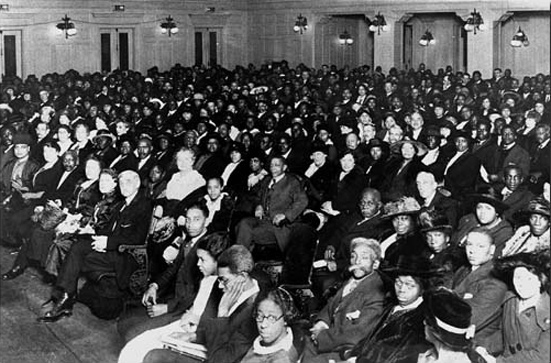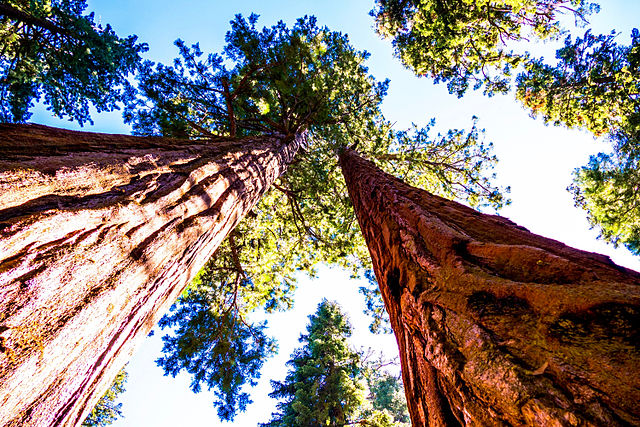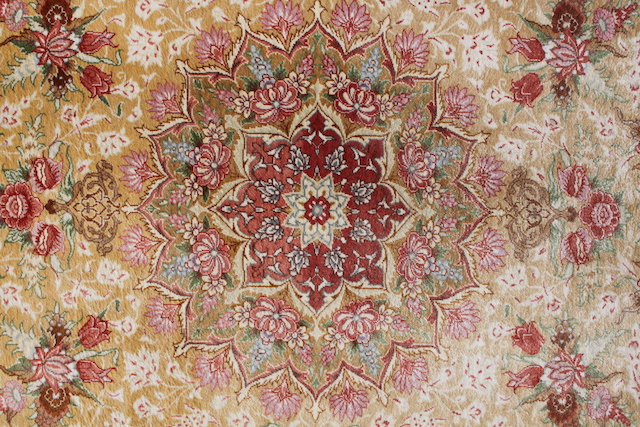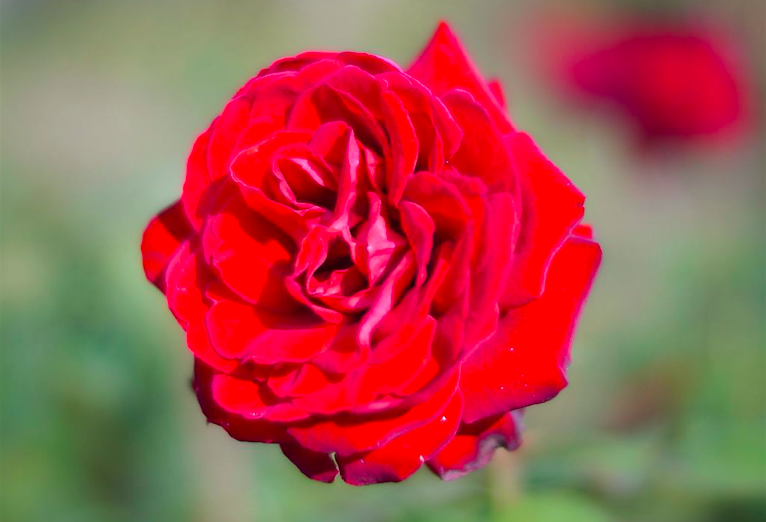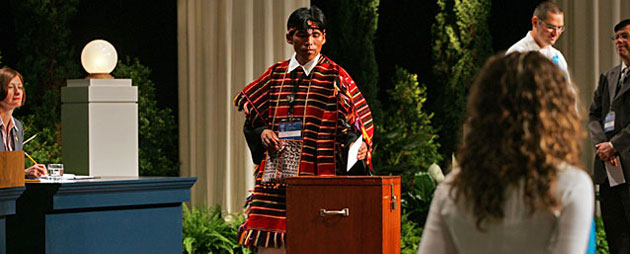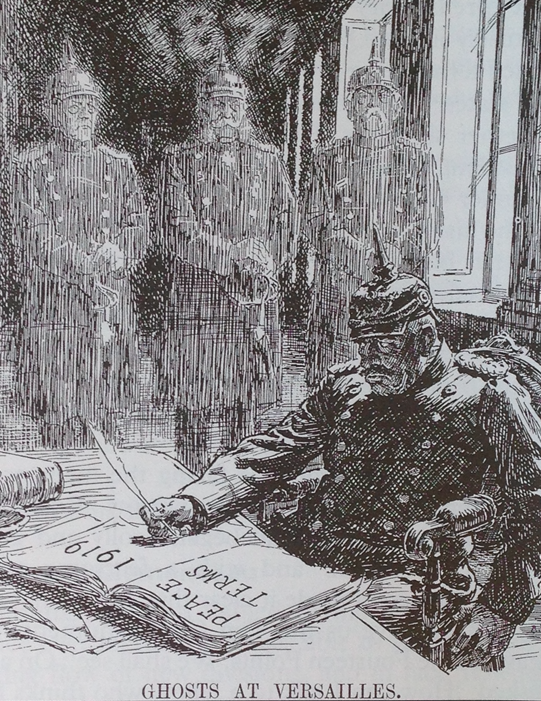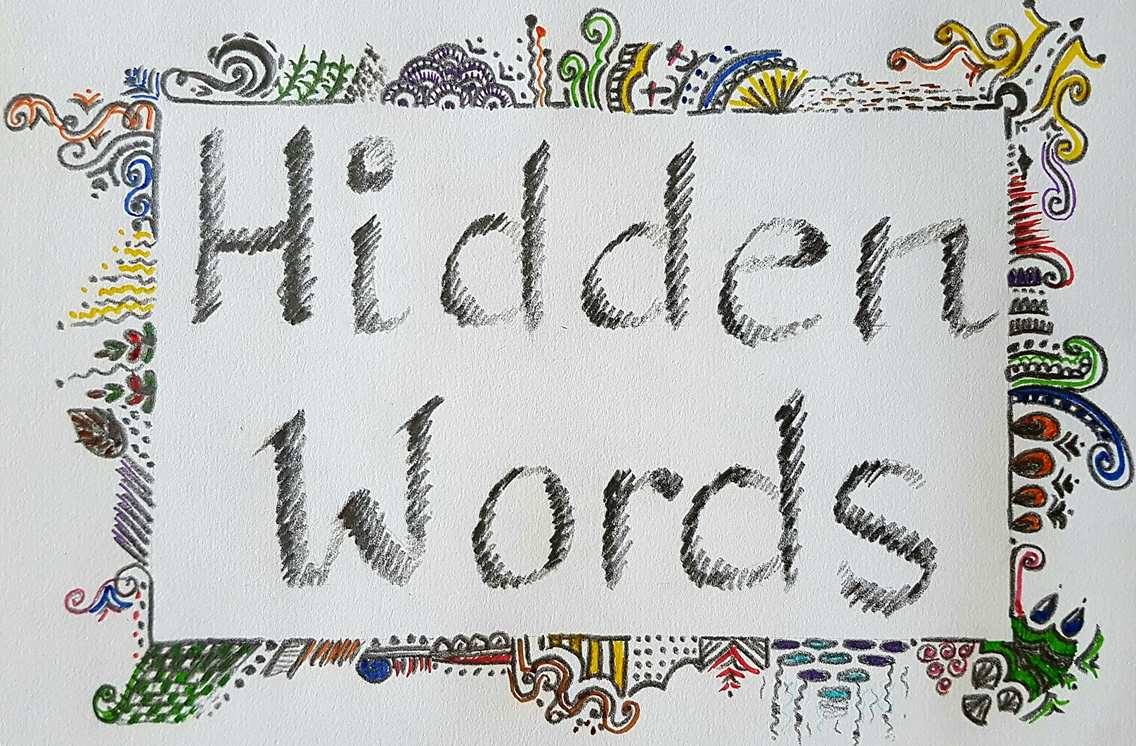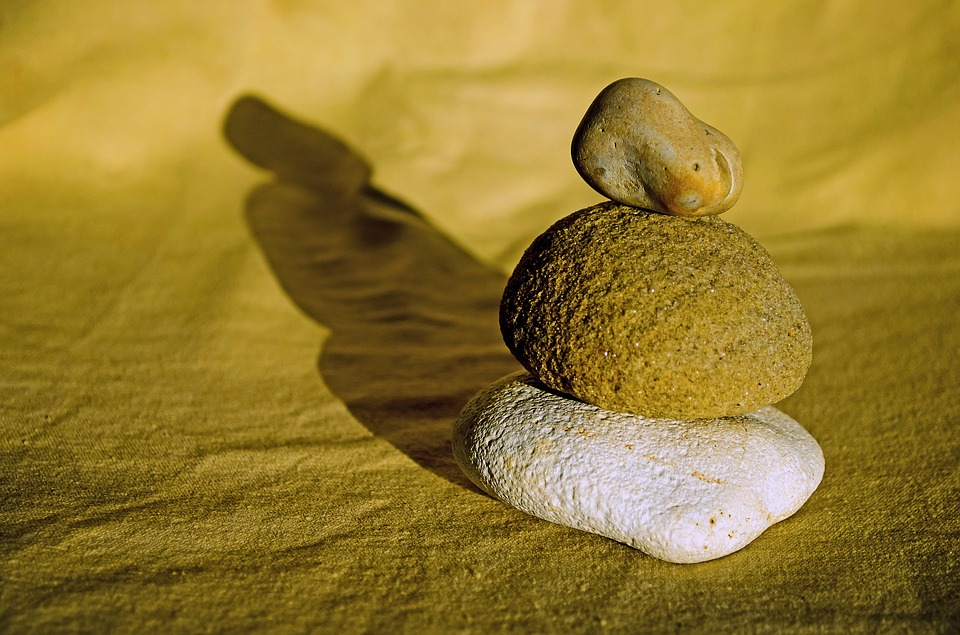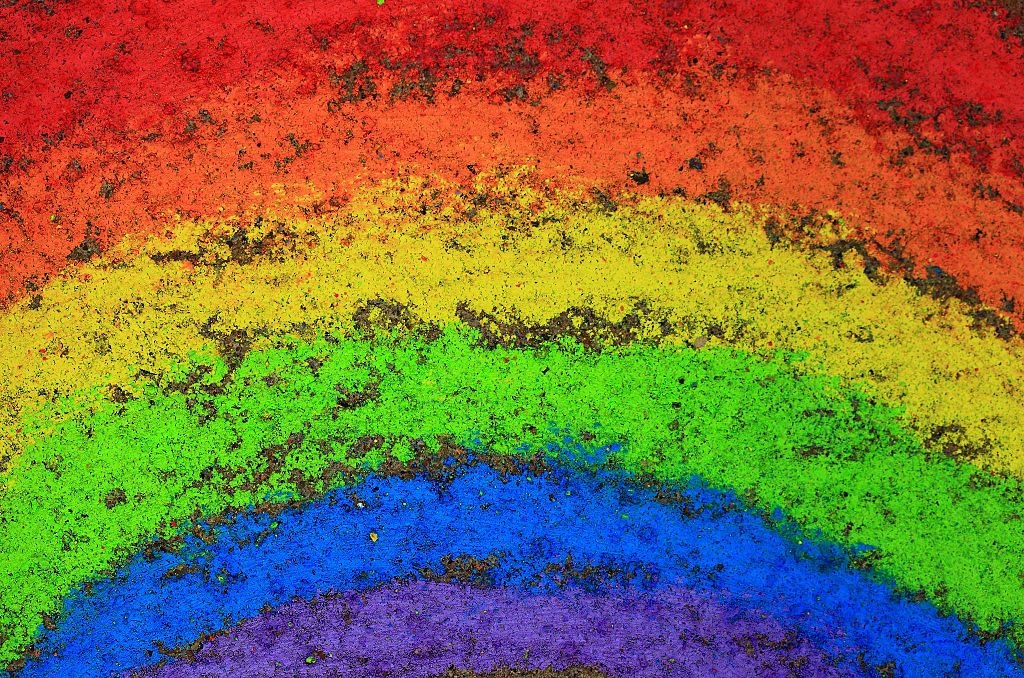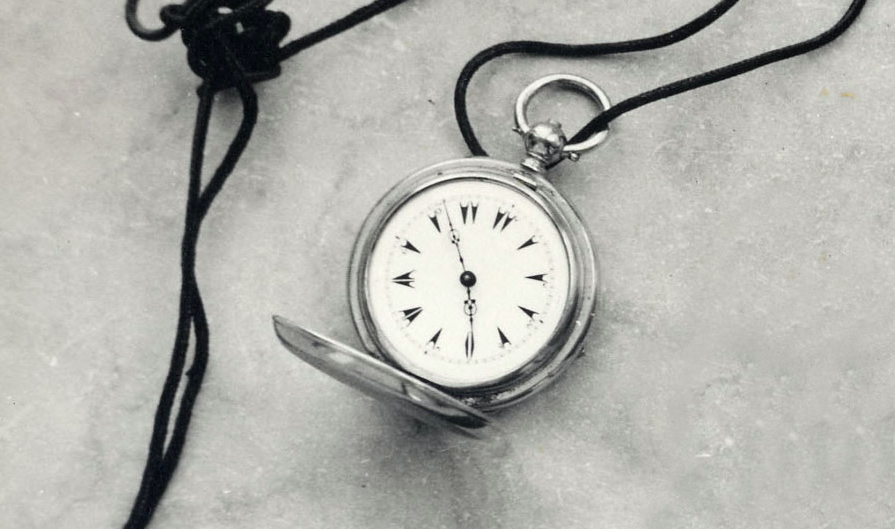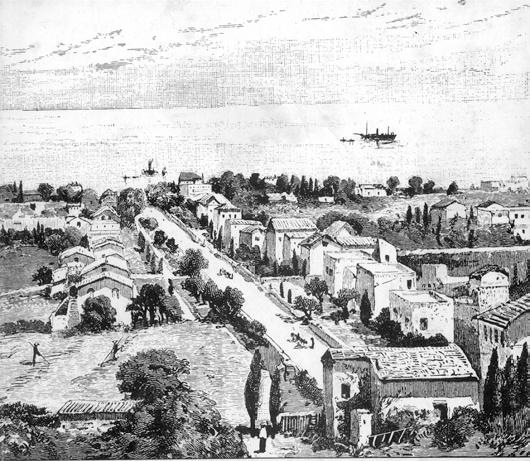Specific Teachings
-
Beauty in the Universe and Ourselves
There is a beauty in the following verse from the Qur’an, which inspired the title for this article. It is sometimes translated as follows: “We will show them our signs in the universe and themselves, until it becomes manifest to them that it is the truth.” [Qur’an 41:53] Beauty, is one of the many signs (or qualities) of God. In English and many other languages the word “beauty” is applied to qualities that we see in nature, in each other, the things human beings create and in the beautiful lives of outstanding human beings. The image above is an example of impressionist art – a period of art which is…
-
The Purpose of Justice
Like prophets before him Bahá’u’lláh counselled kings and rulers of society to observe justice. Referring to the suffering inflicted on himself and his followers by the rulers of his time he writes: Twenty years have passed, O kings, during which We have, each day, tasted the agony of a fresh tribulation. … They that rose up against Us have put us to death, have shed our blood, have plundered our property, and violated our honour. Though aware of most of our afflictions, ye, nevertheless, have failed to stay the hand of the aggressor. For is it not your clear duty to restrain the tyranny of the oppressor, and to deal…
-
The Interconnection of All Things
All things are interconnected. … every part of the universe is connected with every other part by ties that are very powerful and admit of no imbalance, nor any slackening whatever.[1] When Abdu’l Baha made comments of this kind he had in mind the interconnection between the material, plant, animal and human kingdoms. The atoms that make us up transition between these worlds remaining unchanged in their essence although entirely transformed in their outward characteristics. Indeed we could not exist but for the fact that the atoms that make up our bodies were long ago manufactured in the nuclear processes of a star. As each component atom or element in…
-
Death: The Last Taboo and What Comes After
There is virtually nothing that is a taboo in modern society. Death is the one exception. Ironically so, as our nightly news and popular entertainment are so often full of death. Yet there are plenty of articles that identify the death taboo. So how is it taboo? It is taboo in the sense that we live as if death is something that only happens to someone else. In our popular culture, the unavoidable reality of our own death is a taboo that is pushed deep into the subconscious. Of course we will all die one day. The taboo has practical consequences. As the old meme goes – what would we…
-
What does it mean to be a Baha’i?
There is no single model of course – every Baha’i has their own story – which implies a multiplicity of ways of responding to Bahá’u’lláh’s teachings. The vision of what it means to be a Baha’i comes from Bahá’u’lláh’s writings. It is nothing like the stereotypes that might jump to mind. In one sense, Baha’is are people who are striving to translate Bahá’u’lláh’s writings into reality and action. This idea, ultimately comes from Bahá’u’lláh’s writings themselves where he says just that.[1] At a personal level being a Baha’i implies both a belief in Bahá’u’lláh and a sincere desire to live in accordance with Bahá’u’lláh’s teachings. It is a falling in…
-
A Different Kind of Power
Lust for power, or an addiction to it, once acquired, or the endless contest for power, is at the heart of much human suffering. Baha’u’llah was a Persian nobleman. His birth gave him power over others, had he desired it. He rejected that kind of power although offered to him by the vizier of the Shah when he was a young man. In the the Sultan’s Puppet Show, we saw that even as a child, Baha’u’llah saw such power as meaningless. The following, addressed to Napoleon III (when Baha’u’llah was himself a prisoner and exile) couldn’t be clearer: Exultest thou over the treasures thou dost possess, knowing they shall perish?…
-
Baha’i Elections
As explored in the article on religious institutions, Baha’i decision making bodies are elected bodies. So what do Baha’i elections look like? Perhaps our experience of elections isn’t very “spiritual” – their focus on exaltation of the individual – the tendency for the electoral contest to polarize a community – and a process with often draws out the worst in the “combatants”. Such patterns aren’t of course coherent with the Baha’i teachings – and aren’t present in Baha’i elections. What does a democratic process look like when carried out in a spiritual environment? A short description of the experience helps. We are in a hall. Delegates and Baha’is who wish to attend have gathered for the…
-
Three Protagonists Generating the Future: Individual, Community and Institutions
The title to this article draws on a concept described in letters of the Universal House of Justice to the Baha’i community – that there are three protagonists (three actors): individual, community and institutions; from whose interactions the future emerges. In the previous three articles we have examined Bahá’u’lláh’s reforms to religious institutions, the kind of community life the Baha’i community is working to foster and the role of the individual. Working towards a new relationship between these three actors is connected with Bahá’u’lláh’s vision both of the time in which we live (the era of human maturity) and his vision of the oneness of humanity. The increasing difficulty in…
-
An Empowering and Supportive Community Life
In previous articles we have looked at how Baha’u’llah reforms religious institutions as consultative institutions with a duty to foster human well-being. We have also seen how the individual is framed by Baha’u’llah as an active citizen who is a partner in fostering human well-being. How then does community life change? Sometimes religious community life is viewed as being judgemental, oppressive and divisive. And while such patterns can be observed from time to time they aren’t inherent in the core essence of religious teachings. And they are incoherent with Baha’u’llah’s vision and rare in Baha’i experience. But even absence of these negatives is not sufficient. Thus writing in 2010, the Universal House of Justice presents…
